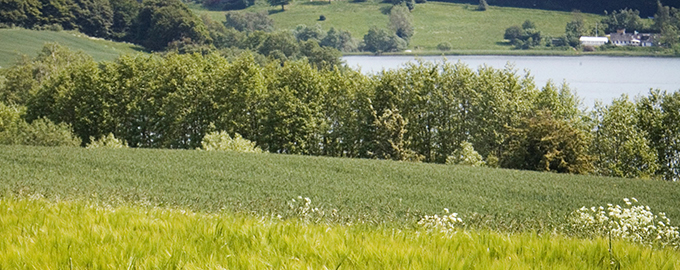Report on the current availability and use of soil knowledge

A new report provides a synthesis of stakeholders’ perceptions of knowledge on and use of knowledge on sustainable soil management, as well as the knowledge needs.
The report integrates 23 national reports based on interviews with 791 stakeholders, representing different views on the topic.
Existing stakeholder networks from related research projects were used as a platform for recruiting stakeholders for the analysis, but, generally, the basis for the report is a diverse representation of different groups of stakeholders - due to differences in the organizational landscape and stakeholder availability.
Although the total number of respondents and stakeholder categories diverge across and within countries, the selection covers the diversity of European soils, and social and institutional contexts.
Shortcomings in the use and coordination of knowledge
The analysis highlights a number of shortcomings in the current use and coordination of knowledge on sustainable soil management.
Generally, there is considerable variation in perception and use of knowledge across countries, but a number of shortcomings in the use and coordination of knowledge on sustainable soil management are documented - for instance, insufficient communication and coordination between policymakers, researchers and farmers. Some of the large and heterogeneous countries also report a significant internal variation in environmental conditions, farming sectors and a lack of coordinating institutions.
Challenges in relation to the promotion of knowledge on sustainable soil management towards stakeholders, for instance, arise because the theoretical knowledge produced at universities is considered irrelevant or inaccessible to farmers who have a practical approach to soil management
It is also reported that there is too little continuity in soil research due to project dependence, which is a challenge as soil research requires long-term investigations.
Currently, research insufficiently supports integrated decision-making of practitioners and policymakers, where different challenges and trade-offs must be balanced. In some countries, this is partly due to insufficient funding for dissemination activities, whereas in other countries funding is not utilized correctly.
How do we overcome the challenges?
To overcome these challenges, stakeholders stress that it is important to improve the coordination between policy, research, industry, advisory services and farmers because knowledge about field activities and sustainable soil management is fragmented and poorly coordinated.
Stakeholders stress that it is important to strengthen intermediaries, such as the advisory service and farmers’ associations, as they are important knowledge brokers, both in terms of improving knowledge availability and to provide feedback on knowledge gaps to research institutions.
The need for strengthening networks and peer-to-peer communication is emphasized because these are useful platforms for knowledge exchange - and it is important to provide incentives for farmers and improve the visibility of soil challenges for stakeholders, for instance using decision support tools to highlight the benefit of adopting sustainable soil management.
Contact
- Saskia Keesstra, Wageningen University, saskia.keesstra@wur.nl